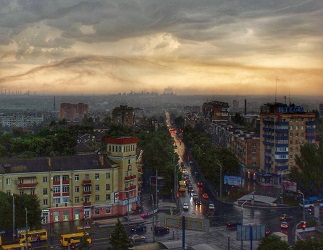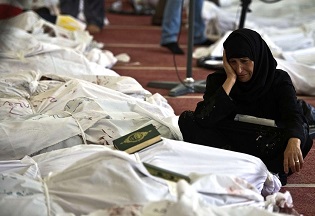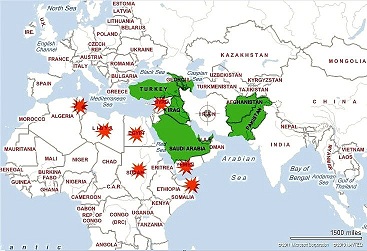Russian forces double down to complete operation
Turning point: Russian special forces have entered the strategic industrial port city of Mariupol on the Black Sea coast
After substantially degrading Ukraine’s military capabilities, Russia is poised to escalate the special operation leading to the victory lap. Moscow has given signals in this direction.
The most significant signal came from the Kremlin spokesmen Dmitry Medvedev, who said on Monday, “Russia has a sufficient potential for conducting the special military operation in Ukraine. The operation is proceeding in accordance with the original plan and will be completed on time and in full.”
As I had written more than once previously, Russian military strategy is on course, contrary to what the hyped up western disinformation has conveyed, namely, that the special operation has “failed”. Peskov hinted that there is no question of stopping the operation prematurely. He spoke amidst western calls for “ceasefire.”
Peskov disclosed that President Vladimir Putin had specifically ordered the armed forces to refrain from an immediate assault on the cities, including Kiev, so as to prevent heavy civilian casualty. The operation, therefore, took into account the ground reality that the extremist Neo-Nazi groups had deployed weapons in densely-populated residential areas. This meant that the tactic narrowed down to...
“...working with modern high-precision weapons, hitting only military and information infrastructure facilities.”
Clearly, this also explained the slow pace and low intensity of the operations interspersed with lulls in the fighting and the tactic of encircling large settlements instead of attacking them frontally.




























